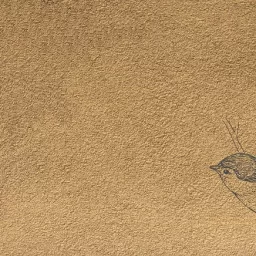Even for those who have been modeling for a long time, finding your light can be one of the trickier aspects. Not only must you become proficient at being aware of where the light is at all times, you have to be proficient at finding the light even when in motion. In this article, I will discuss tips for ensuring that you are constantly in the right light during a photo shoot or on the runway.
Understand How Lighting Works: First, it’s important to be aware of exactly what it is that you are looking for when trying to find your lighting. In general, there are three types of areas in an area: the strongly lit, the moderately lit and the weakly lit. Strong lighting is the light that comes from the bulbs themselves that are lighting you. Professional photographers try to diffuse the light as much as possible, but there is still an area that is most heavily lit. Moderately lit areas are those that are lit through the diffused light from the lights. Weakly lit areas are those that aren’t lit properly at all.
“Face in the bright; Nothing in the dark”: Try to adhere to the principle that your face should always be in the brightest part of the light, while no part of you should be in any of the weakly lit areas. It doesn’t really matter whether or not the rest of your body is in the strongly lit areas of the beams of light. Just make sure that you are never in the weakly lit areas.
Feel For Heat and Glare: It takes some practice, but eventually you’ll be able to tell right away whether or not your face is in the bright part of the light. There are two things to check for. First, check if your face feels a little more warm. Especially on stage, you can tell when you are in the beam of light by feeling the heat. Alternatively, check to see if the light is especially uncomfortable to look at. Move your head around, looking at the light, and you’ll find there is a spot where looking at the light hurts more – that’s the good spot. During shooting, you can’t keep looking at the light, so get some practice with checking using your peripheral vision.



